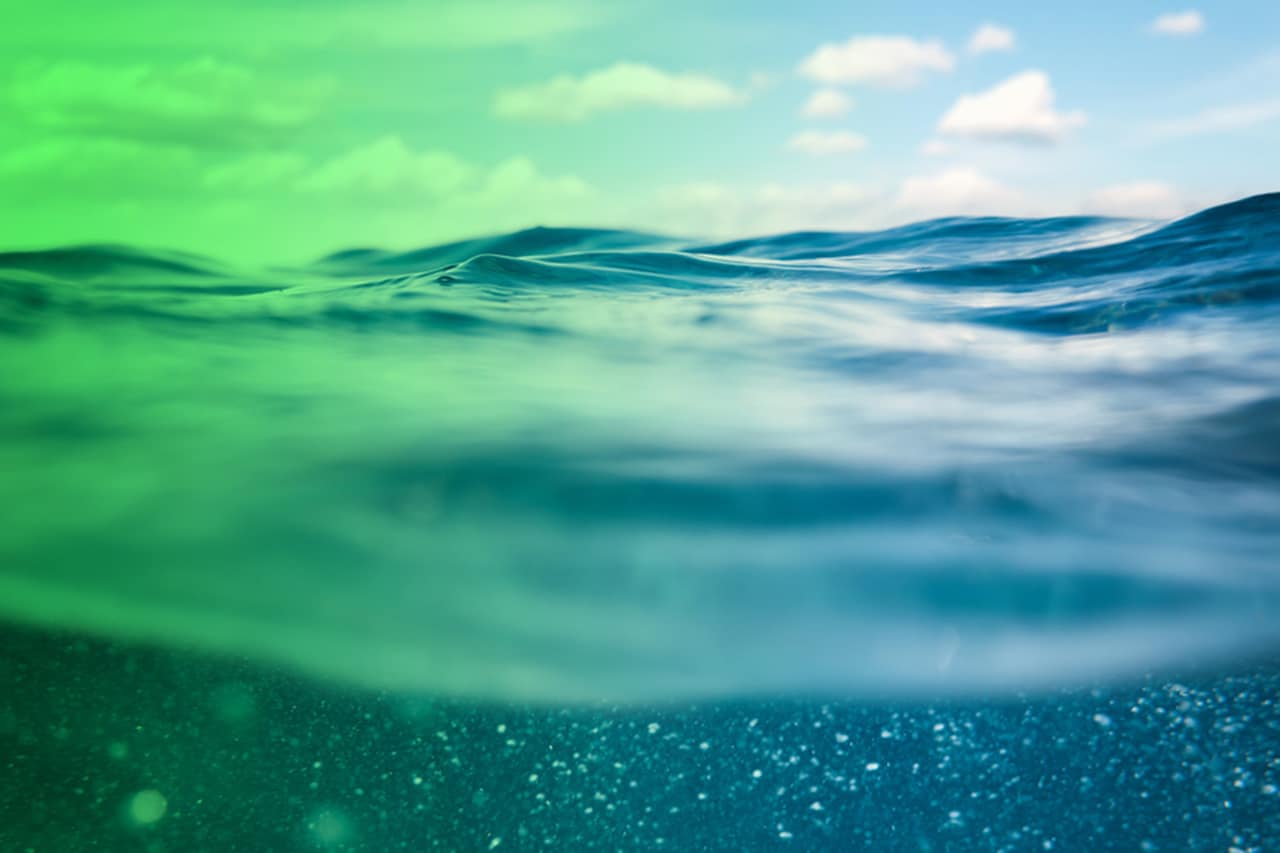
Until now, the impact of Marine chlorofluorocarbons, or CFCs, was assumed to be negligible. But, a new study has suggested that they do impact atmospheric concentrations.
MIT scientists found that the oceanic fluxes of at least one type of CFC, known as CFC-11, do affect atmospheric concentrations. This study’s results may help scientists and policymakers better pinpoint future sources of the chemical, which is now banned worldwide under the Montreal Protocol.
According to scientists, the oceans will emit more CFC-11 back into the atmosphere than they absorb by 2075.
Climate change is a critical player in this emission. With increasing climate change, this shift will occur ten years earlier- extending the chemical’s average residence time, causing it to linger five years longer in the atmosphere than it otherwise would. This may impact future estimations of CFC-11 emissions.
Co-author Susan Solomon, the Lee and Geraldine Martin Professor of Environmental Studies in MIT’s Department of Earth, Atmospheric and Planetary Sciences, said, “By the time you get to the first half of the 22nd century, you’ll have enough of flux coming out of the ocean that it might look like someone is cheating on the Montreal Protocol, but instead, it could just be what’s coming out of the ocean. It’s an interesting prediction and hopefully will help future researchers avoid getting confused about what’s going on.”
“For some time, human emissions were so large that what was going into the ocean was considered negligible. Now, as we try to get rid of human emissions, we find we can’t completely ignore what the ocean is doing anymore.”
Scientists, in this study, looked to pinpoint when the ocean would turn into a wellspring of the chemical and how much the ocean would contribute to CFC-11 concentrations in the atmosphere. They likewise tried to see how climate change would impact ocean’s ability to retain the chemical in the future.
Using a hierarchy of models, scientists simulated the mixing within and between the ocean and atmosphere. They started with a simple model of the atmosphere and the ocean’s upper and lower layers in both the northern and southern hemispheres. They added into this model anthropogenic emissions of CFC-11 that had previously been reported through the years, then ran the model forward in time to observe changes in the chemical flux between the ocean and the atmosphere.
In another experiment, ocean layers were replaced with MIT general circulation model or MITgcm. Scientists ran similar simulations of CFC-11 over the same time period.
Both models delivered atmospheric levels of CFC-11 through the present day that coordinated with recorded estimations. When they took a gander at the models’ future projections, they saw that the ocean started to emit a greater amount of the substance than it assimilated, starting around 2075. By 2145, the ocean would emit CFC-11 in amounts that would be distinguishable by current monitoring guidelines.
Lead author Peidong Wang said, “Generally, a colder ocean will absorb more CFCs. When climate change warms the ocean, it becomes a weaker reservoir and will also outgas a little faster.”
Solomon said, “Even if there were no climate change, as CFCs decay in the atmosphere, eventually the ocean has too much relative to the atmosphere, and it will come back out. Climate change, we think, will make that happen even sooner. But the switch is not dependent on climate change.”
Their simulations show that the ocean’s shift will occur slightly faster in the Northern Hemisphere. There will be more gases in the shallow ocean to escape back to the atmosphere.
Jeffery Scott from MIT said, “Some of the next steps would be to do this with higher-resolution models and focus on patterns of change. For now, we’ve opened up some great new questions and given an idea of what one might see.”
The study is appearing today in the Proceedings of the National Academy of Sciences.
Continue reading Oceans will start emitting ozone-depleting CFCs, predicts study on Tech Explorist.

0 comments:
Post a Comment